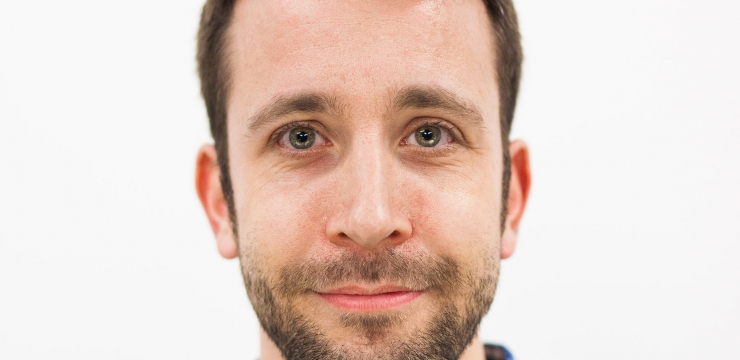The need for corporate entrepreneurship has become more and more important in order to stay in the game. In reality, corporate organizations are dealing with problems that arise from controlling processes, corporate culture and in-the-box-thinking. How can they overcome these hurdles? How to find a different approach, what’s the secret ingredient of startups? Corporate Startup Summit tries to find these answers. Therefore we are introducing particular speakers to give you deep insights about what they do and what they will teach.
Graf, thanks for having you! What is your first thought when you think about Corporate Entrepreneurship?
At first, it sounds like a contradiction me. So many people inside large corporations do not have this entrepreneurial mindset. However, there are also often many people within these companies who do, and if given the freedom to be themselves, they will use it. Only then can we talk about corporate entrepreneurship – but it’s not easy.
Since you are an experienced project manager: what is a common problem people face when dealing with innovation topics?
The easiest part of innovation is having ideas. Finding a way like Design-thinking to develop a minimal viable product or prototype from those ideas is also not difficult. The real difficulty lies in industrializing the minimal viable product to the market. Often, this problem lies in the fact that this new product will cannibalize someone else’s profits within the company and this person is usually in a higher hierarchical position than you. Ignoring all the opportunities it may create.
What do you think are the biggest mindset problems most people have regarding Corporate Entrepreneurship?
The problems probably differ from company to company given their different corporate cultures. That being said, a common issue is that people are used to developing innovative products within long-term projects and only once completed do they find customers to buy it. Nowadays you need a complete opposite approach. The concept is to talk to the customer first and only then, to start producing. Start by going out and asking the customers what they want and truly understanding their needs and behaviors and then come back with a prototype. If you only have a list with requirements, the customer just agrees. But if you show him a prototype in advance he would be able to give you direction and higher quality feedback resulting in a significantly better product. I think that’s new: This sort of short cycles to create a minimal viable product.
Why are you participating as a speaker at the International Corporate Startup Summit in Zurich and what do you want to have people take away?
I had two talks this morning and yesterday. The essence of both is the need to take risks. If you don’t take risks no one else in your company will. That’s what defines an entrepreneur: You invest in the future even though the outcome is unknown. That’s the message I want people to walk away with.
You want to know more about the Corporate Startup Summit? Find out HERE

